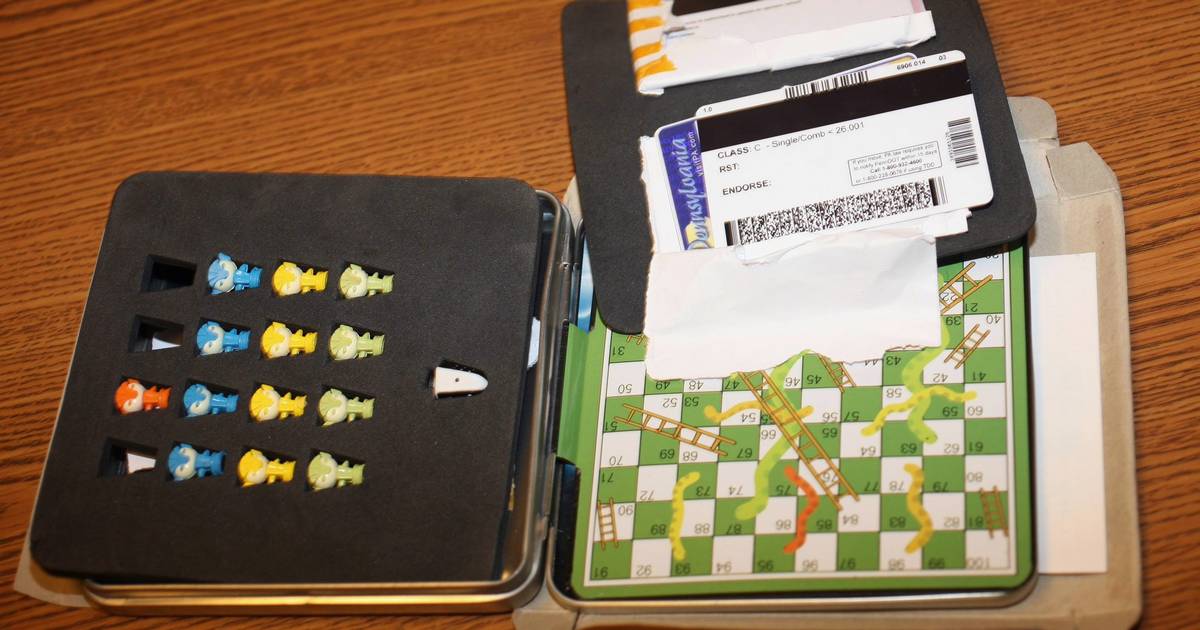Many are highly critical of ‘short-termism’ in the farming industry without taking into account the fact that farmers are only reacting to consumer demand. The consumer in the industrialized world has got used to cheap food and is demanding that it is ever cheaper. As comparatively few farmers can be accused of being rich and by contrast often operate in borderline ‘economic survival mode’ in things such as their finances and farm land near bangalore, it is difficult to see them being guilty of achieving vast profit margins.
As a result, it’s possible to believe that many such well-intentioned reports are pointing the finger at farmers when they should, in fact, by pointing it at themselves as part of the consumer base.
Even those reports that do touch on the complexity of this aspect of the debate, often argue rather simplistically that the consumer will just need to get used to paying more for their food in future for the benefit of the environment. While that may sound reasonable, is anybody seriously suggesting that the chronically poor in many parts of the world who are dependent upon the developed world’s agricultural products, should be asked to pay more for their survival in order to protect rich people’s environments?
Many farmers are also highly critical of environmentalist groups making assertions related to environmental damage which are poorly, if at all, supported by data. When reading such reports, it’s difficult to escape the conclusion that some of the doomsday projections might be more credible if they had more supporting data and less qualitative speculation.
However, it will be unwise for the agriculture industry to entirely disregard these issues.
Anyone who has travelled extensively in what were once genuinely rural agricultural areas may be shocked at the clear devastation caused to the landscape and local wildlife by ‘modern’ farming practices. The long-term effects of this may well be catastrophic and that doesn’t take into account some of the more technical issues such as soil fecundity and water tables etc.


